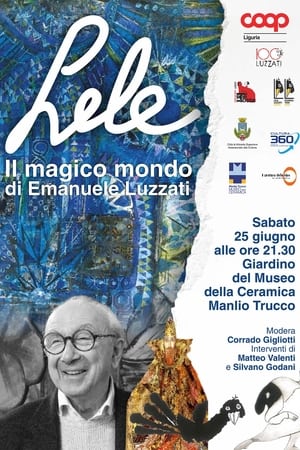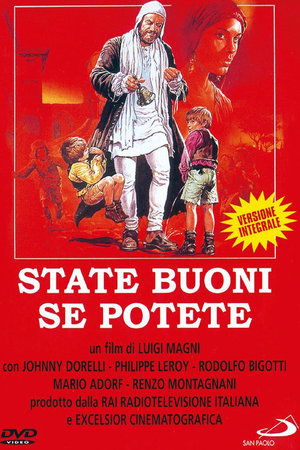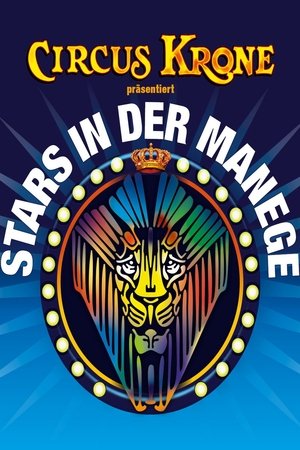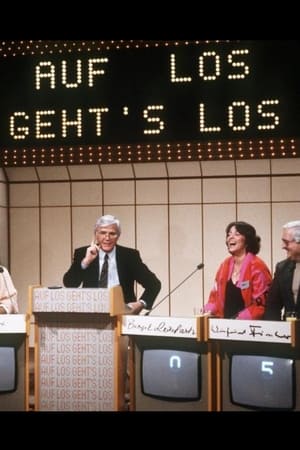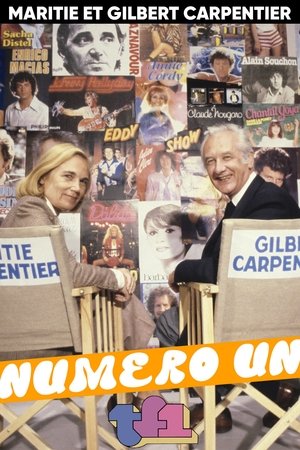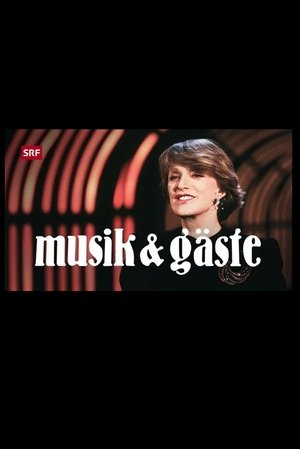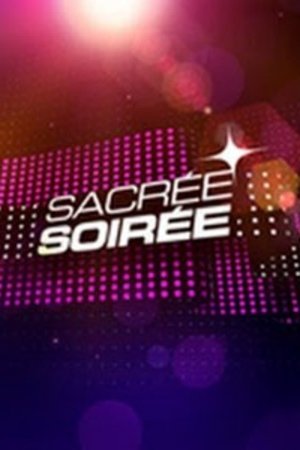Biography
Angelo Branduardi (born 12 February 1950) is an Italian folk/folk rock singer-songwriter and composer who scored relative success in Italy and European countries such as France, Germany, Belgium, Netherlands and Greece.
Branduardi was born in Cuggiono, a small town in the province of Milan, but early moved with the family to Genoa. He was educated as a classical violinist in the Genoa music conservatory, Niccolò Paganini. At the age of 18, he composed the music for the Confessioni di un malandrino (Hooligan's Confession) by Sergei Yesenin.
He is married to Luisa Zappa, who wrote the lyrics for many of his songs. They have two daughters, Sarah and Maddalena, both musicians.
Branduardi's first album was never released, and resulted from a co-operation with Maurizio Fabrizio, composer and gifted performer. The first released album, Angelo Branduardi '74 was arranged with Paul Buckmaster.
La Luna ("The Moon"), including "Hooligan's Confession" (translation of a poem by Esenin) and the fine, delicate song giving the LP its name, was a prelude to the success of the following works. Alla fiera dell'Est (English edition: Highdown Fair, 1976) was Branduardi's first vastly popular album, followed by La Pulce d'Acqua (English version, Fables and Fantasies 1978) and Cogli la prima mela (English edition, Life is the Only Teacher, 1979). Lyrics for the English versions of Branduardi's albums were written by Peter Sinfield, also lyricist for King Crimson and Emerson, Lake & Palmer.
In those albums, Branduardi exploited themes and patterns from early music, mostly Renaissance and early Baroque. The song "Alla fiera dell'Est" ("At the Eastern Fair") is still popular among Italians of every age, who test themselves committing to memory all the fable-like, repetitive lyrics. It is based on an old Jewish song in Aramaic ("Chad Gadya" – One Kid Goat) sung at the end of the Passover Seder night service. In 2007 "Alla fiera dell'Est" was covered by Israeli singer Shlomi Shabat for a Passover time commercial for cellphone company Pelephone.
Lyrics had a broad spectrum of inspiration: a Danse macabre, the theme of Satan's mistress, Chinese, Native American and Druidic tradition, the apocryphal Gospels. Concertation owes much to the talents of Maurizio Fabrizio, and exploits unusual instruments for pop music: dulcimer, Pan flute, lute, clarinet, among others – mixed with more standard guitar, bass and drums.
Subsequent albums showed an increasing desire towards experimentation and differentiation. Branduardi (1981) had a more intimate tone, Cercando l'oro ("Searching for Gold", 1983) had very sophisticated and delicate arrangements (starts with a String Quartet), Branduardi canta Yeats ("Branduardi sings Yeats", 1985) was a tribute to William Butler Yeats. Pane e rose ("Bread and Roses", 1988) was a still inspired, but increasingly dark picture of life and death. Il Ladro ("The Thief", 1991) marked a very delicate point of Branduardi's life, edging on depression, echoed in a dark, almost cemeterial, style of singing. ...
Source: Article "Angelo Branduardi" from Wikipedia in English, licensed under CC-BY-SA 3.0.


